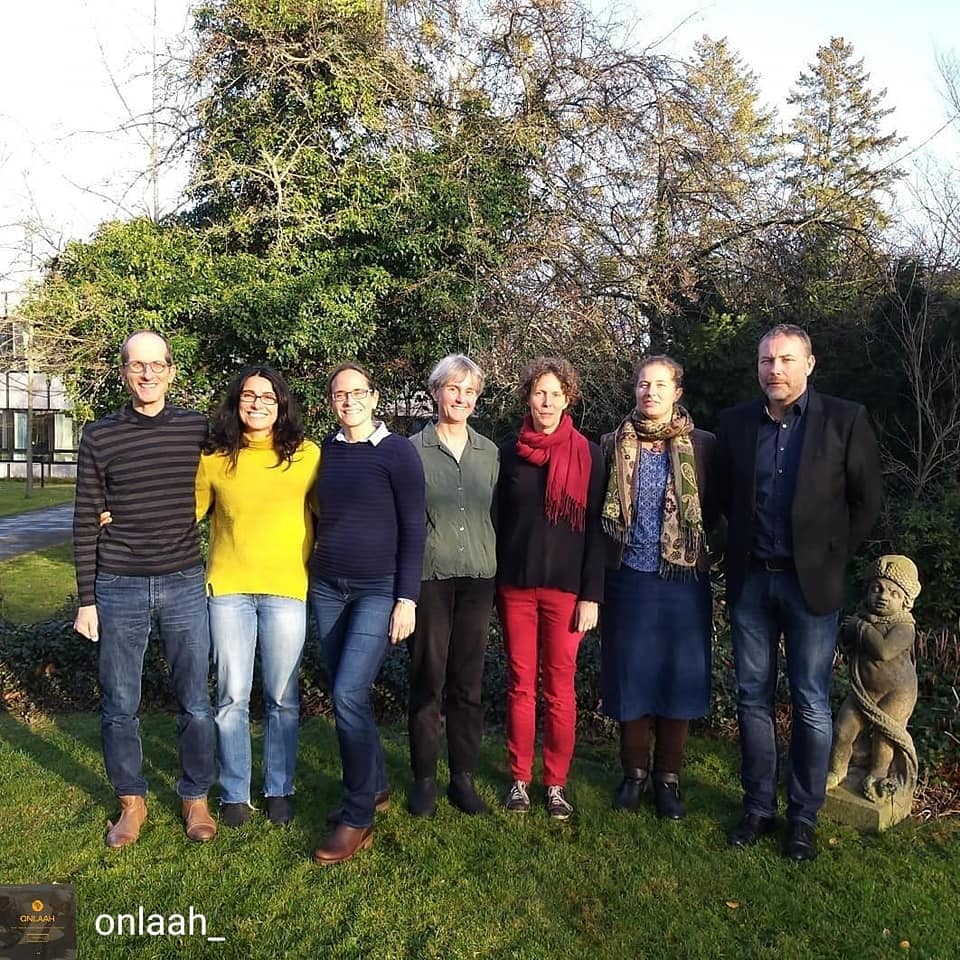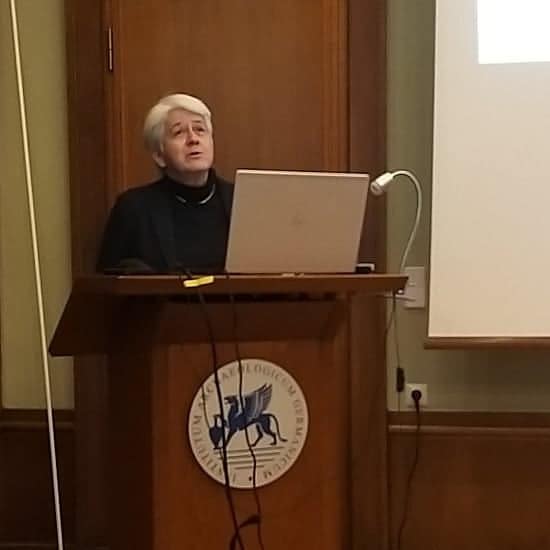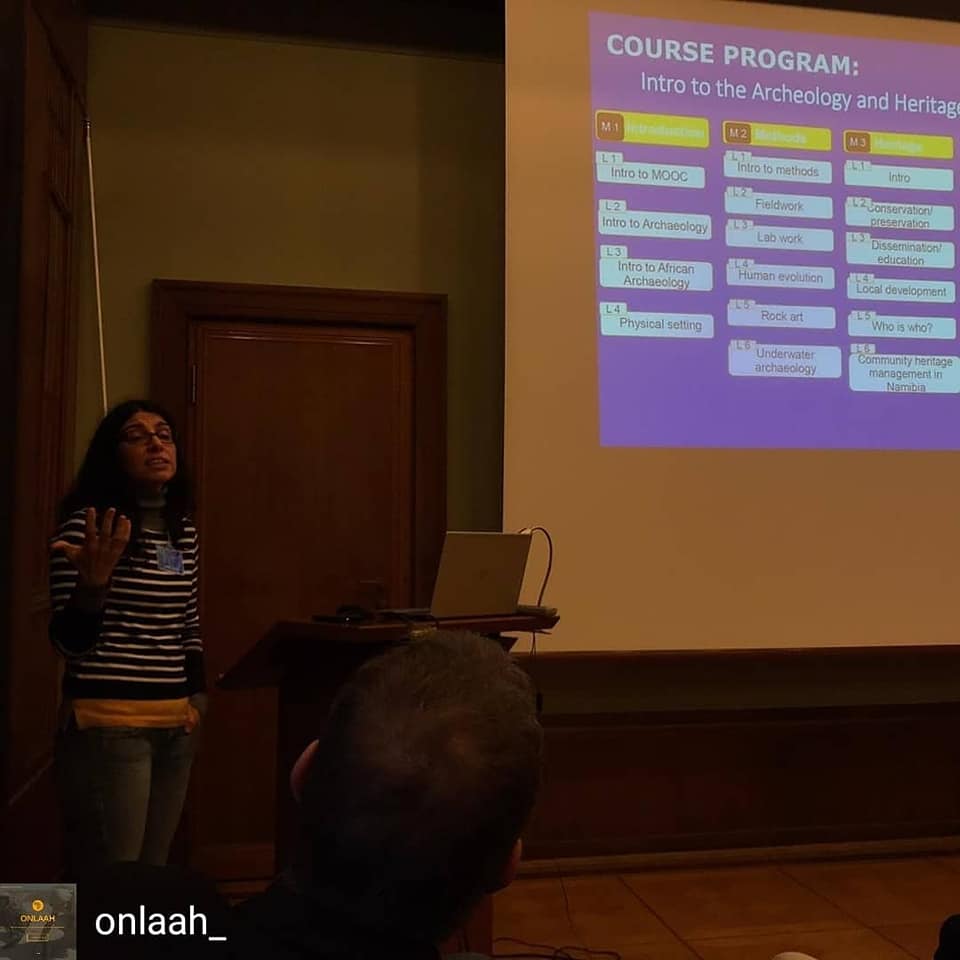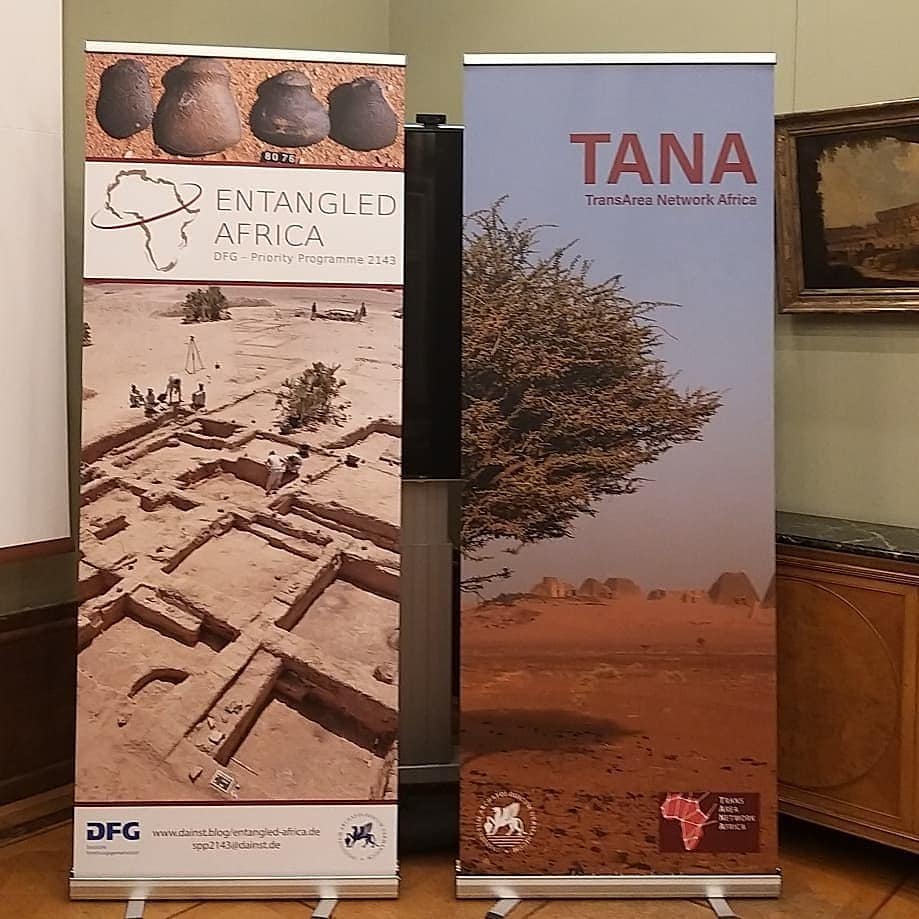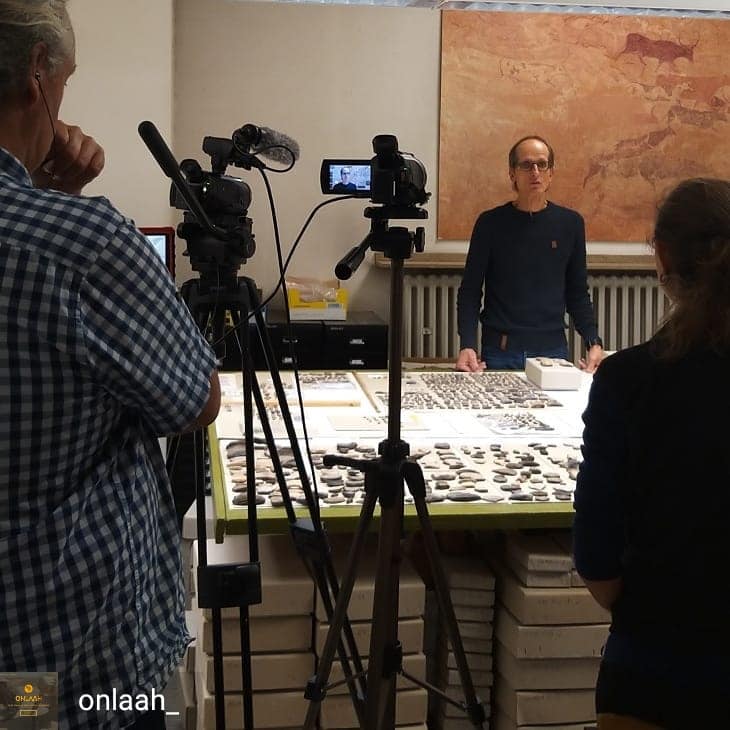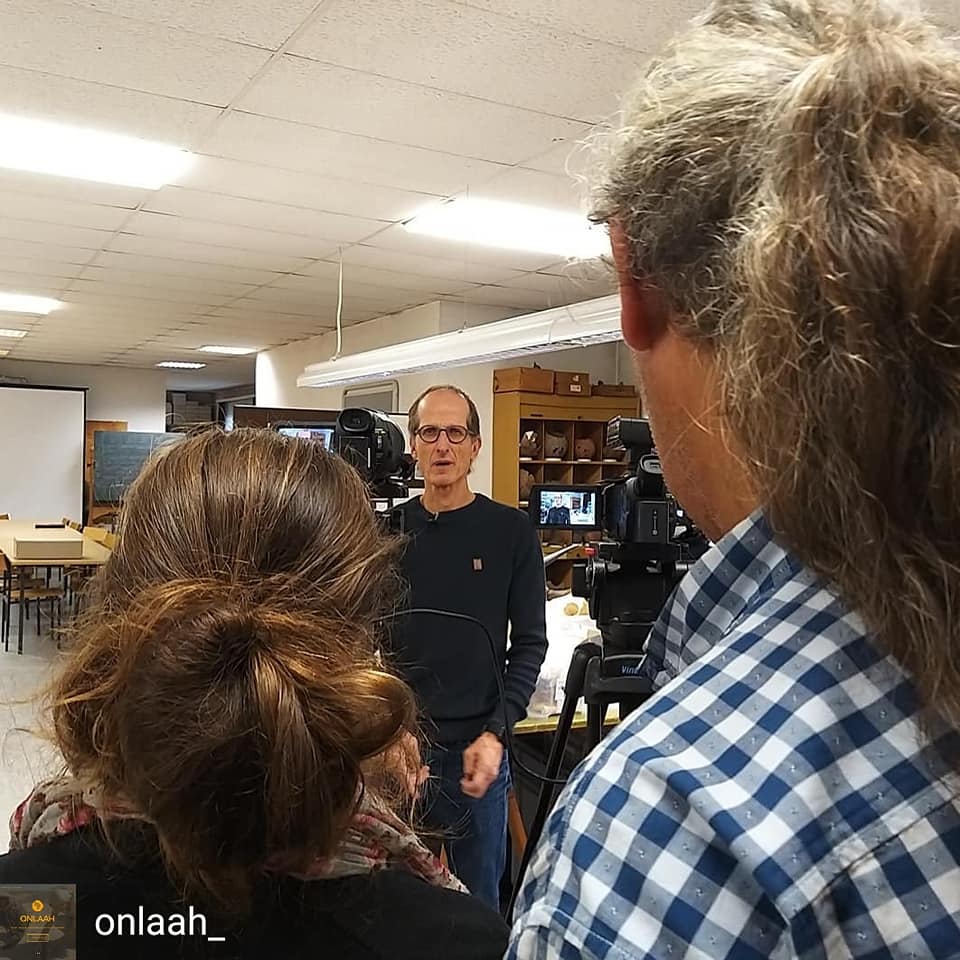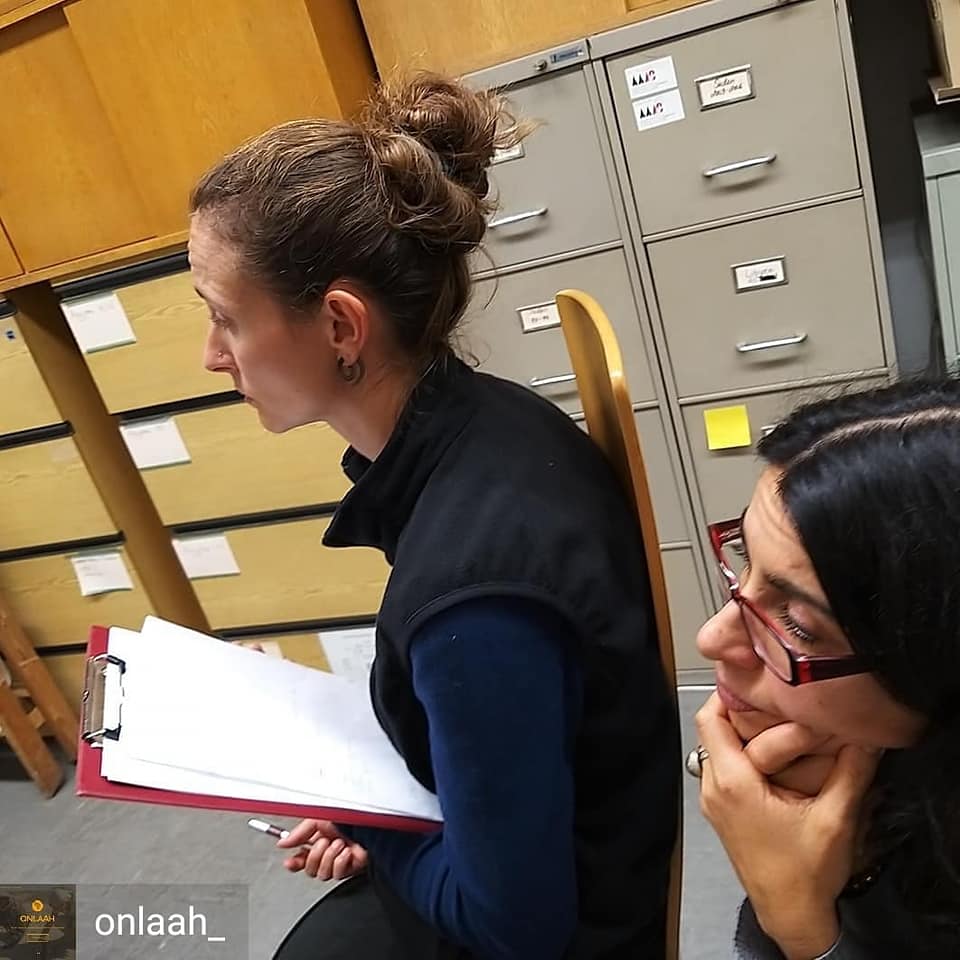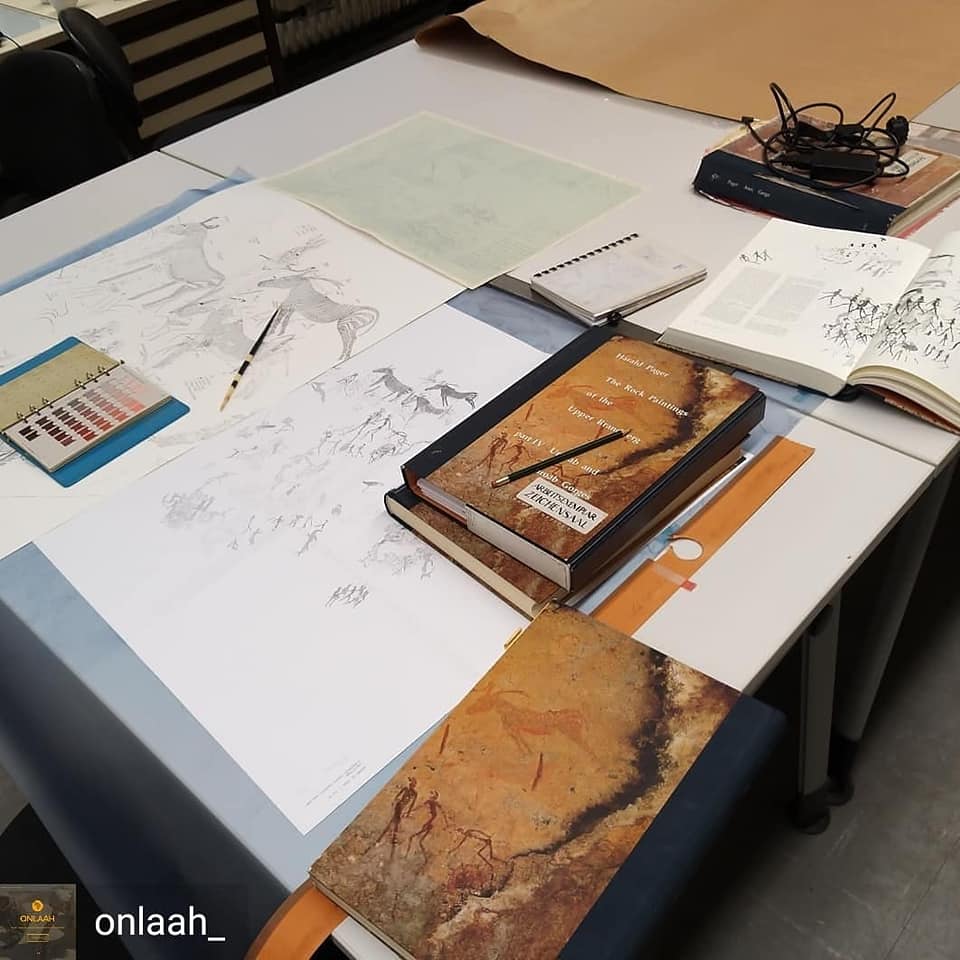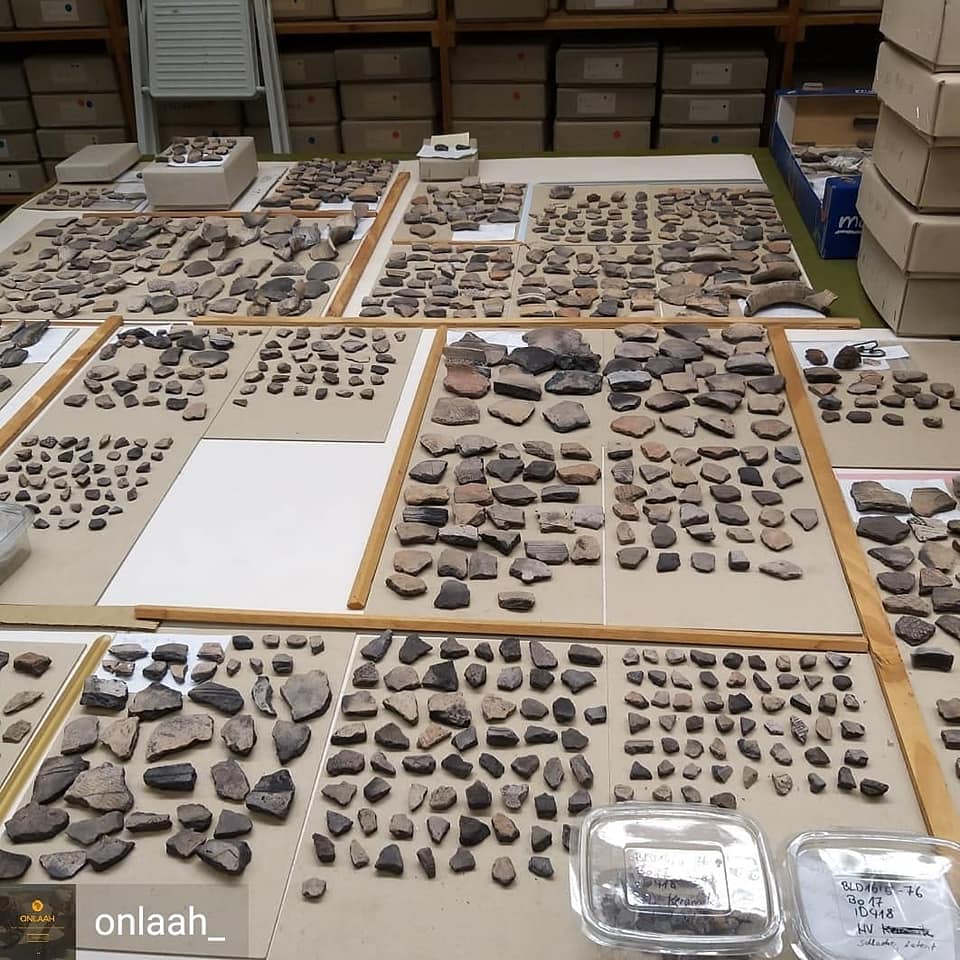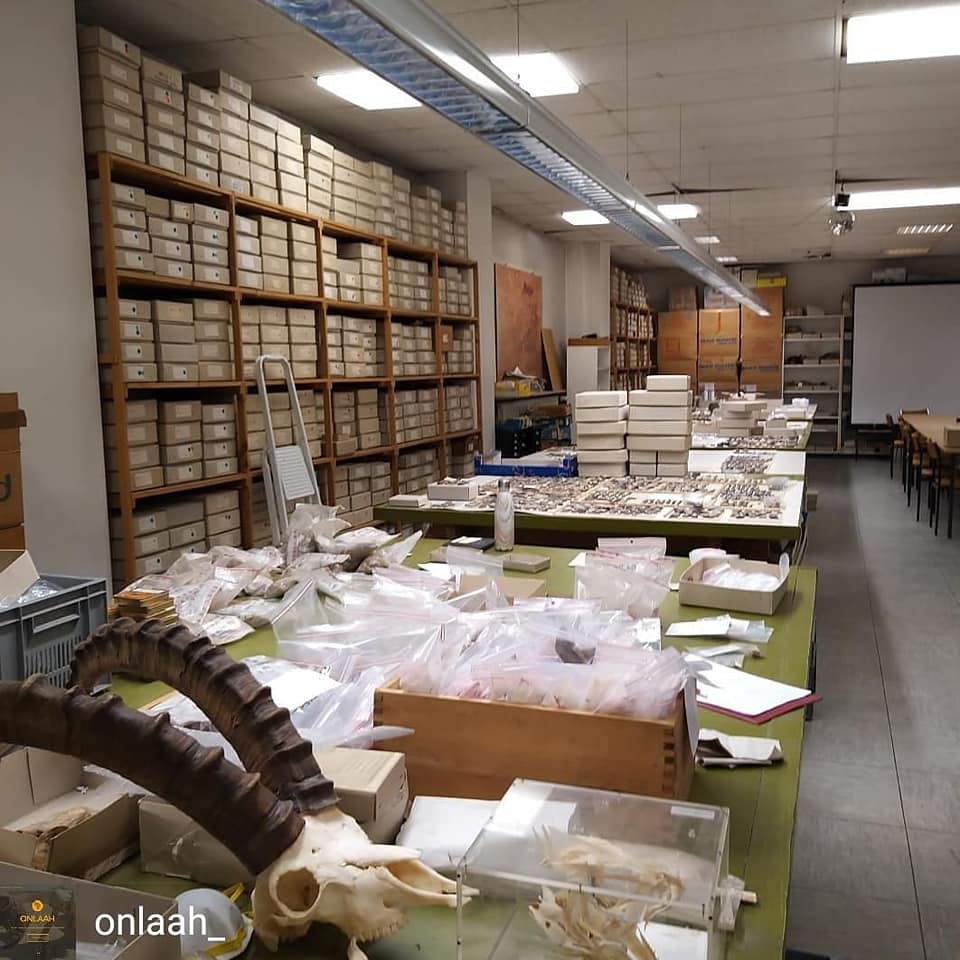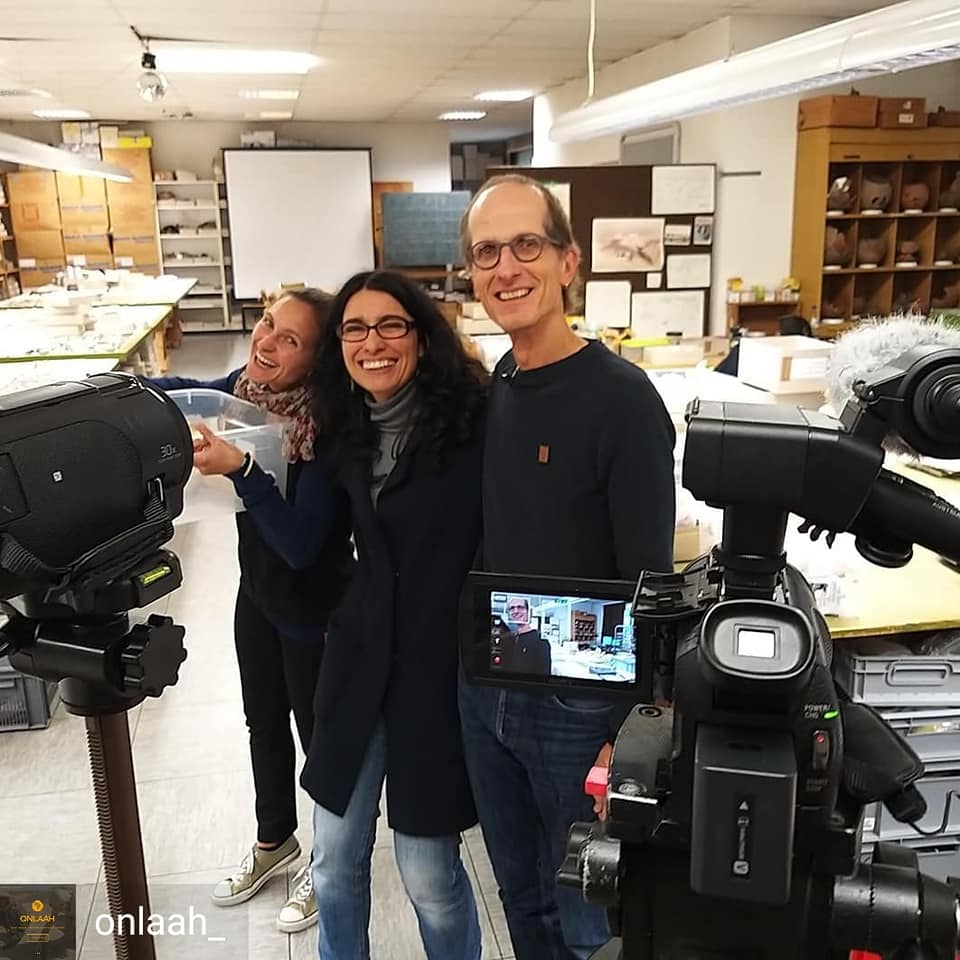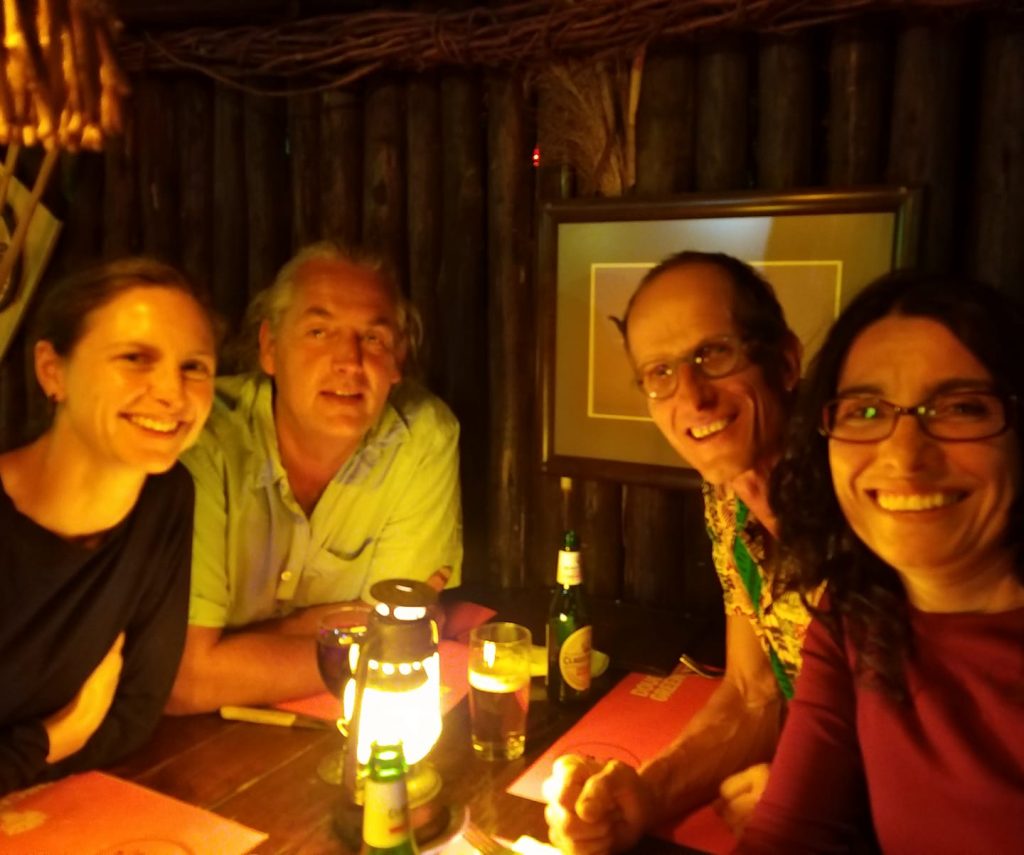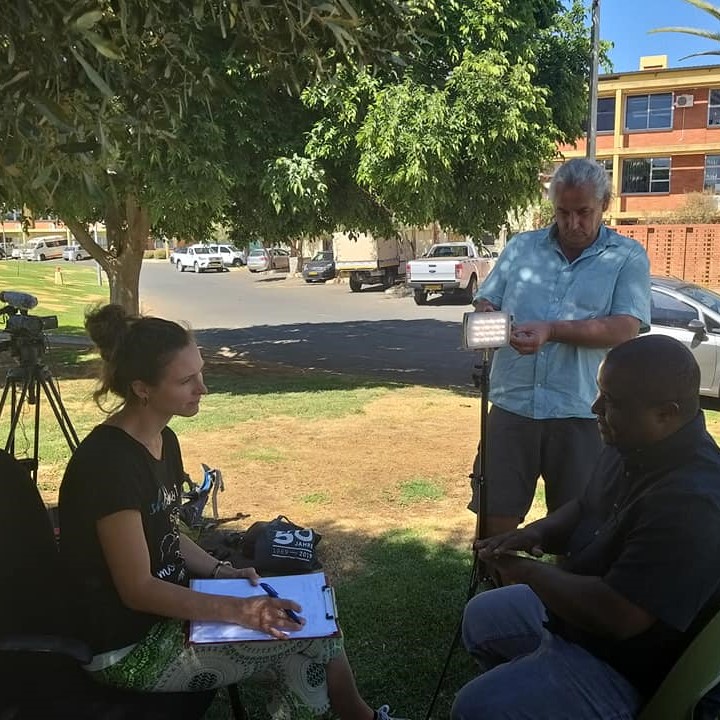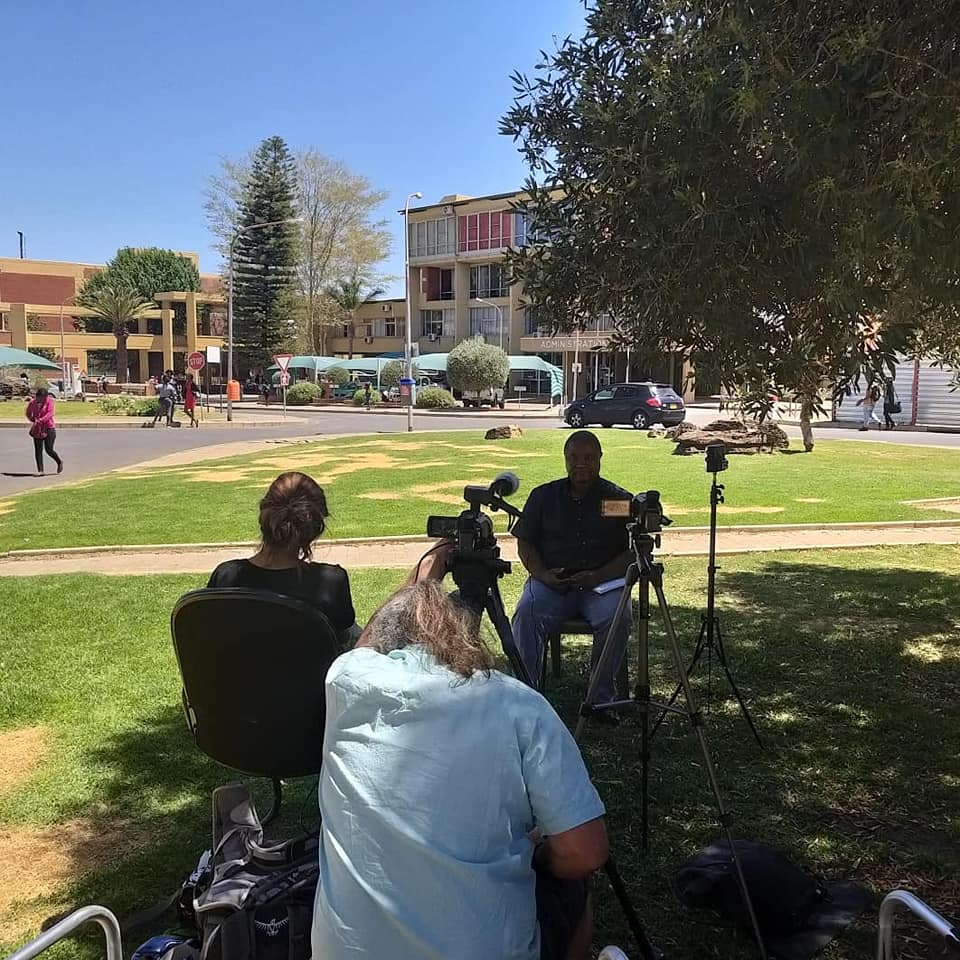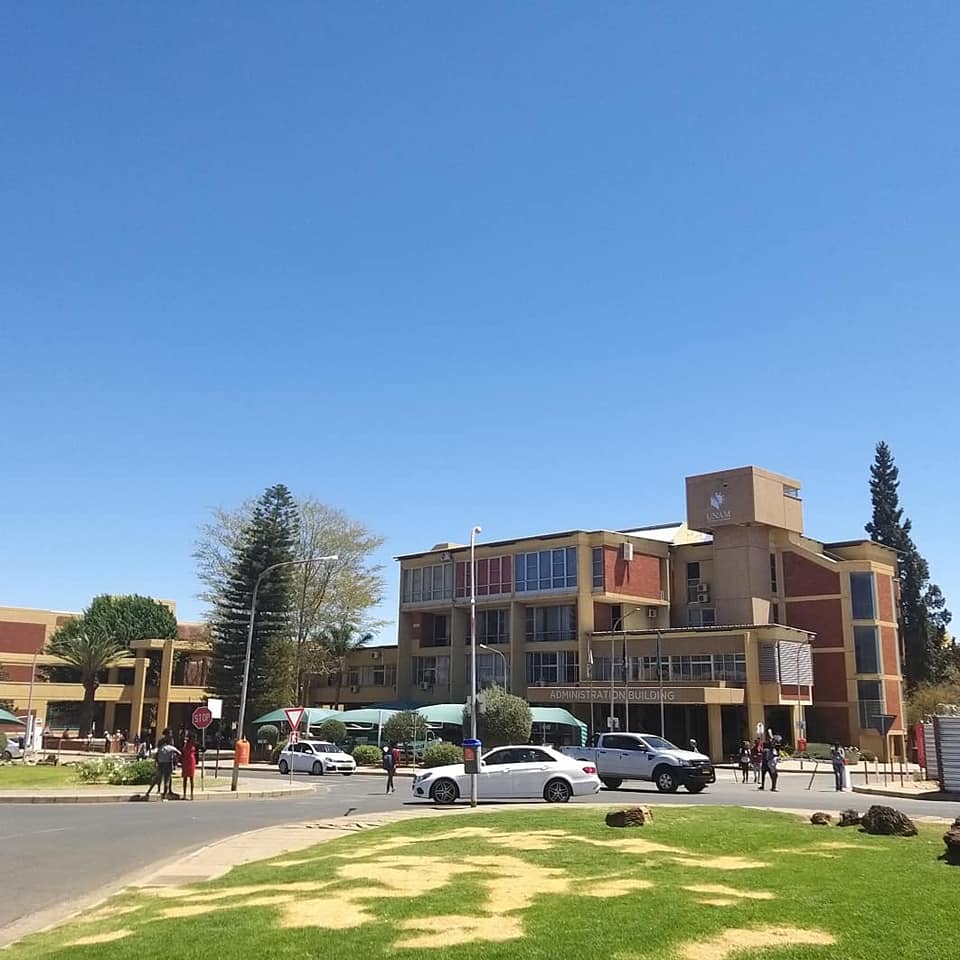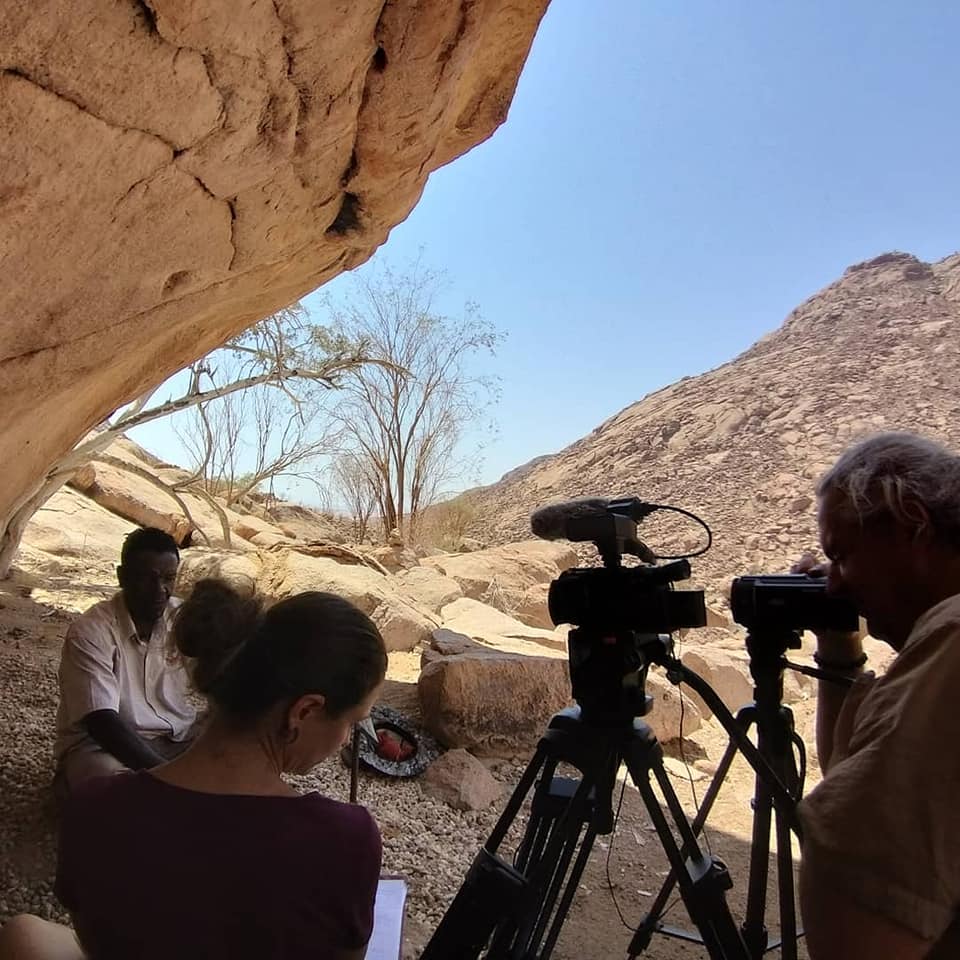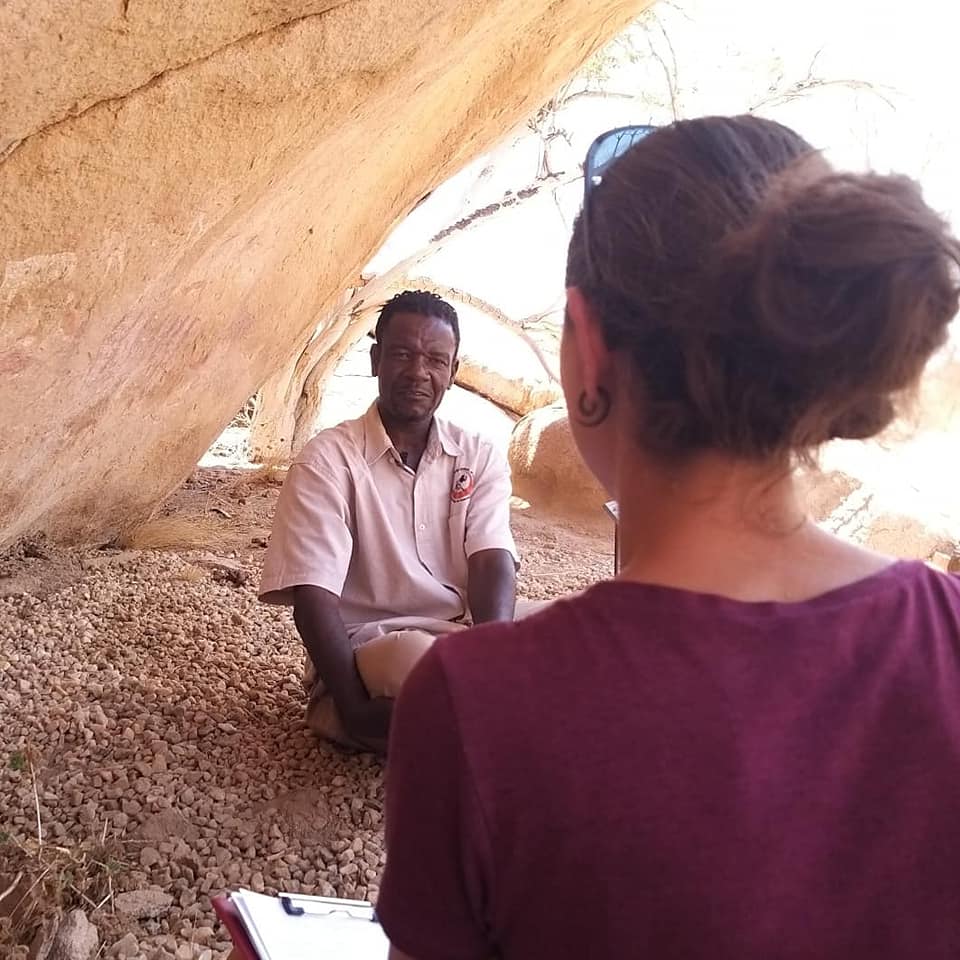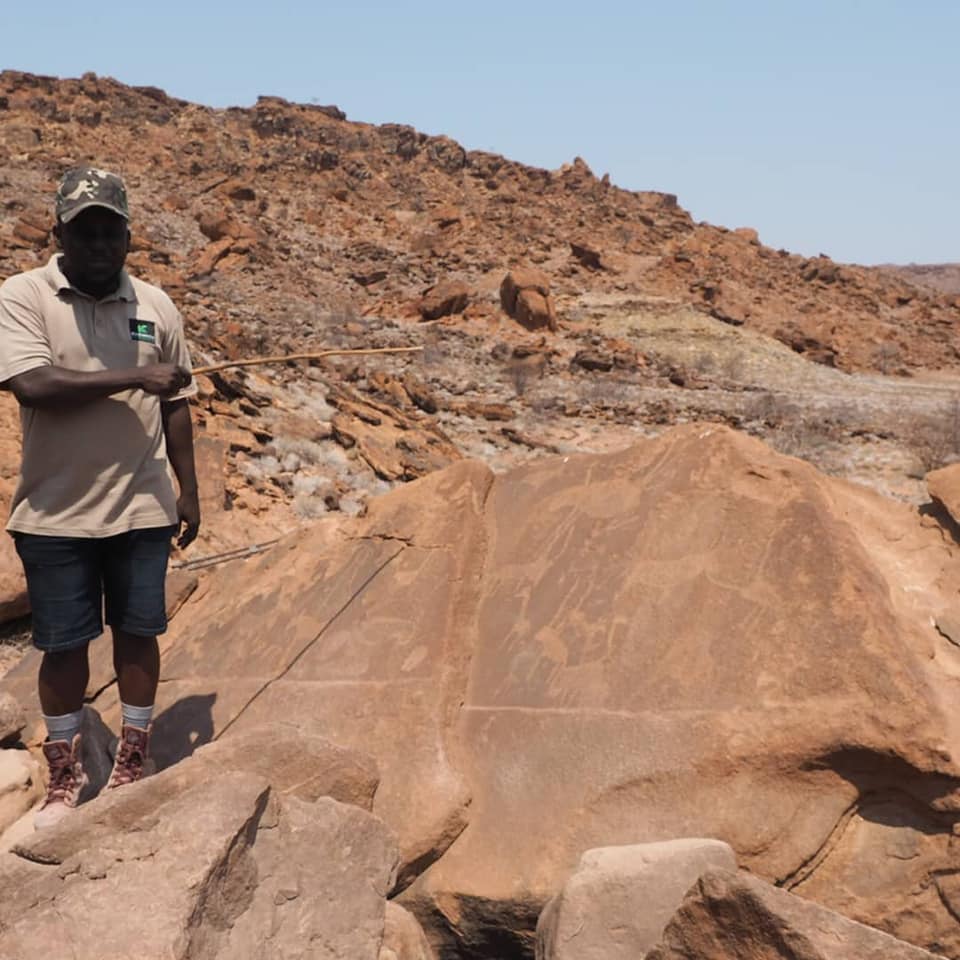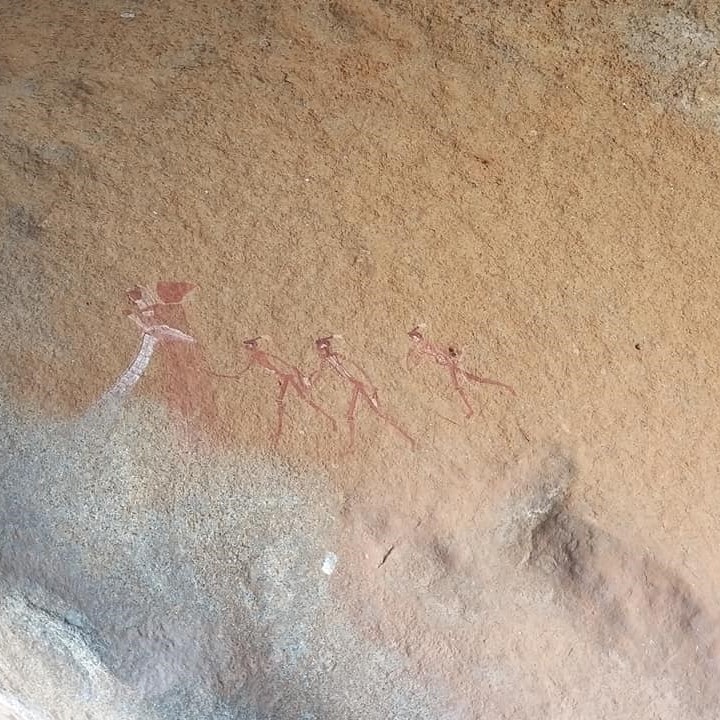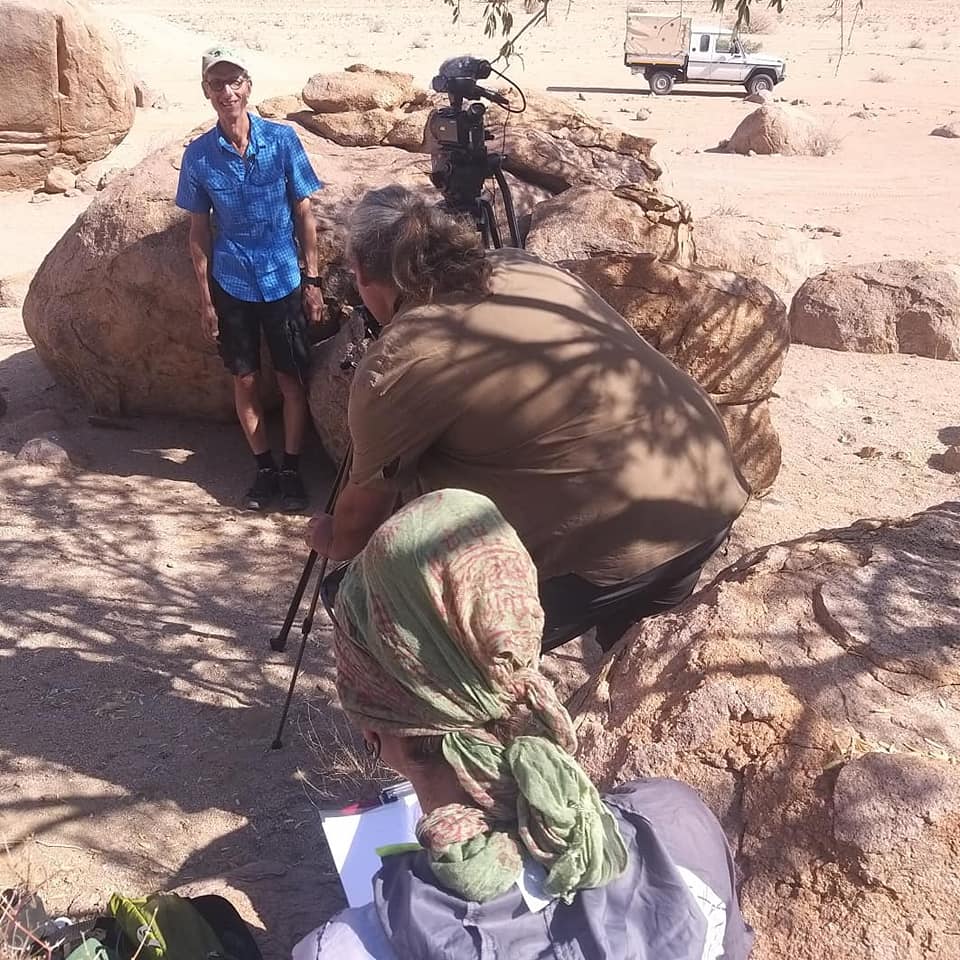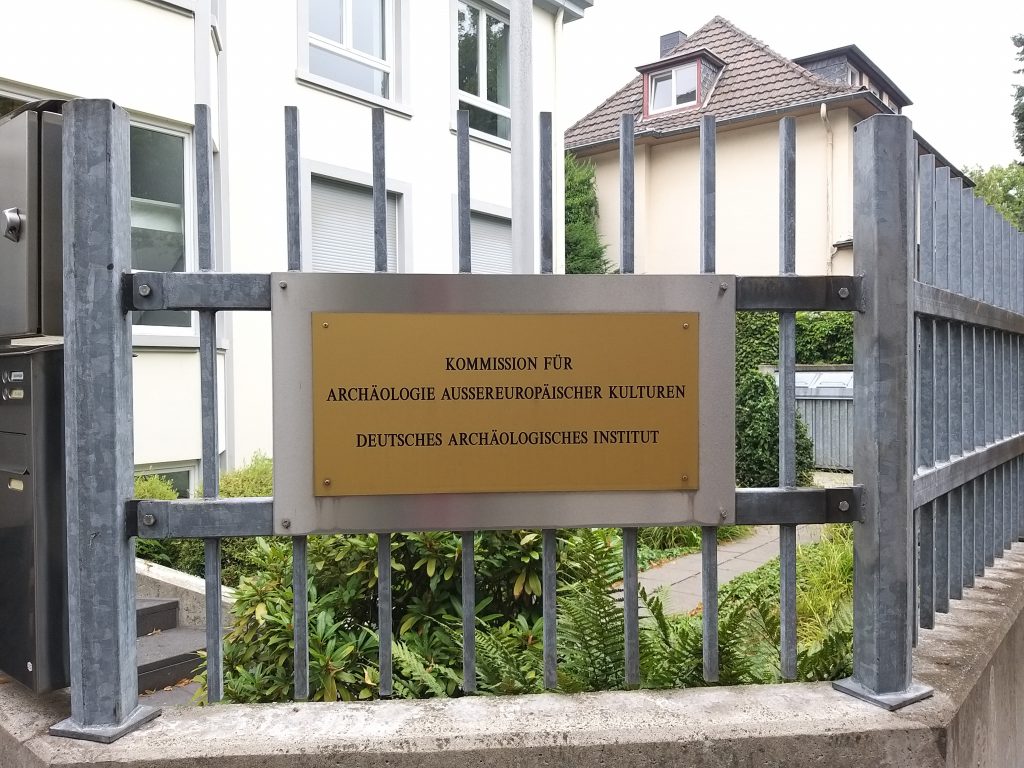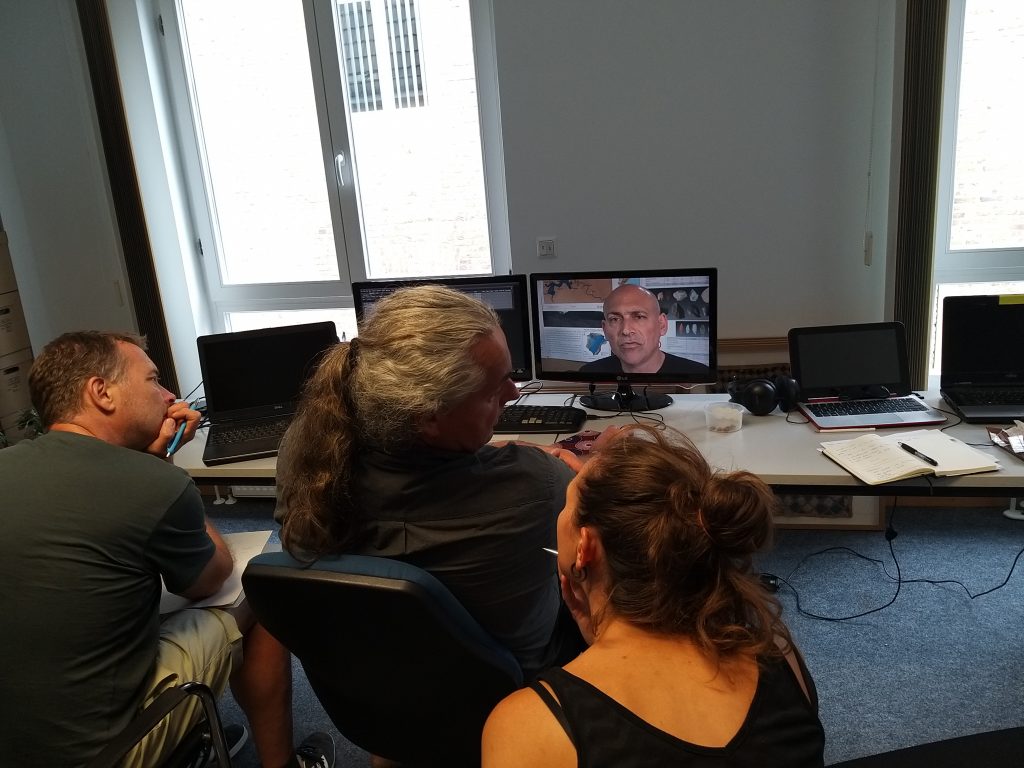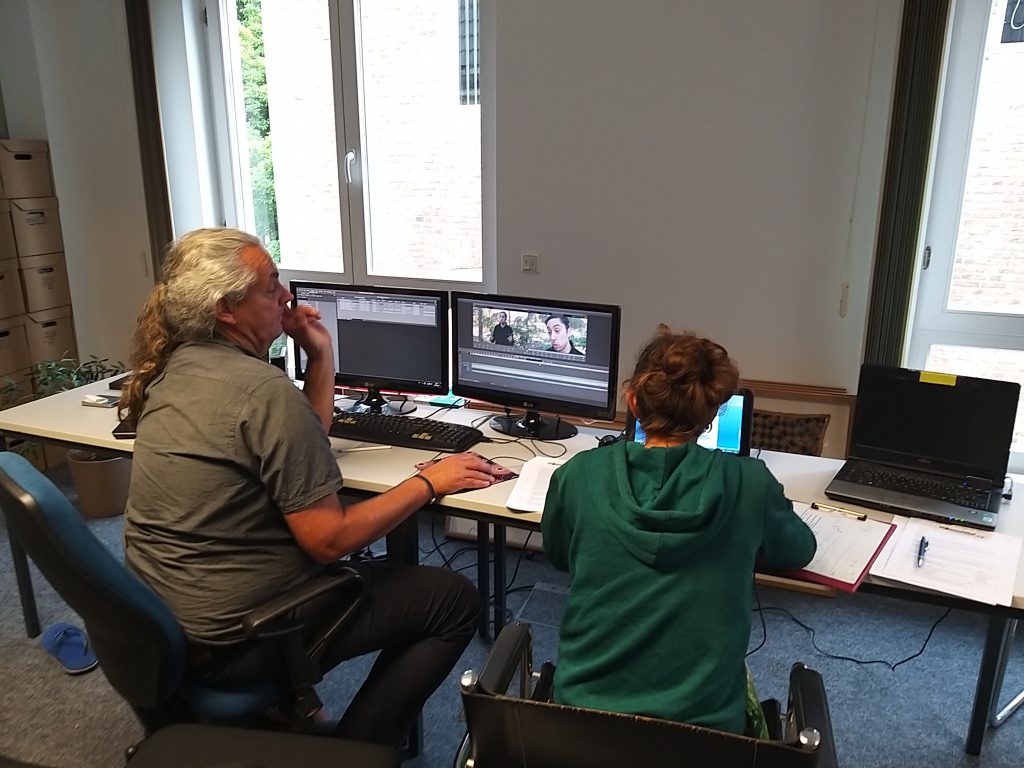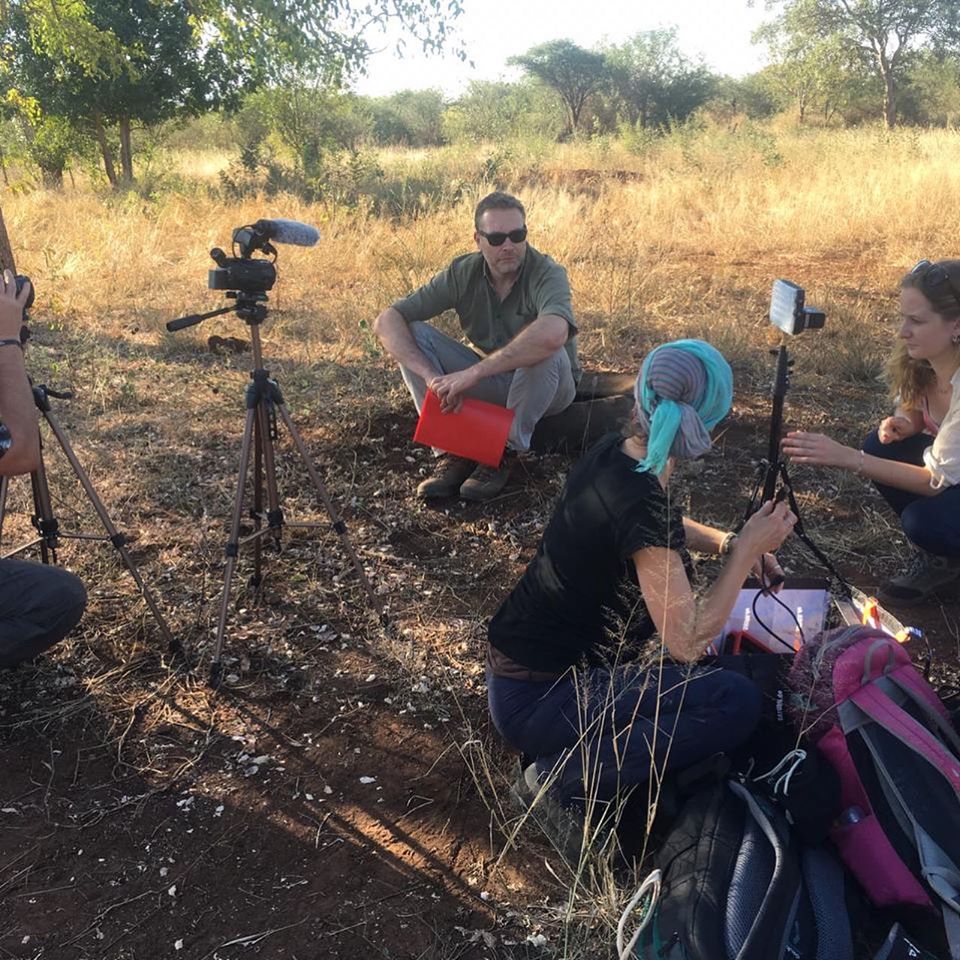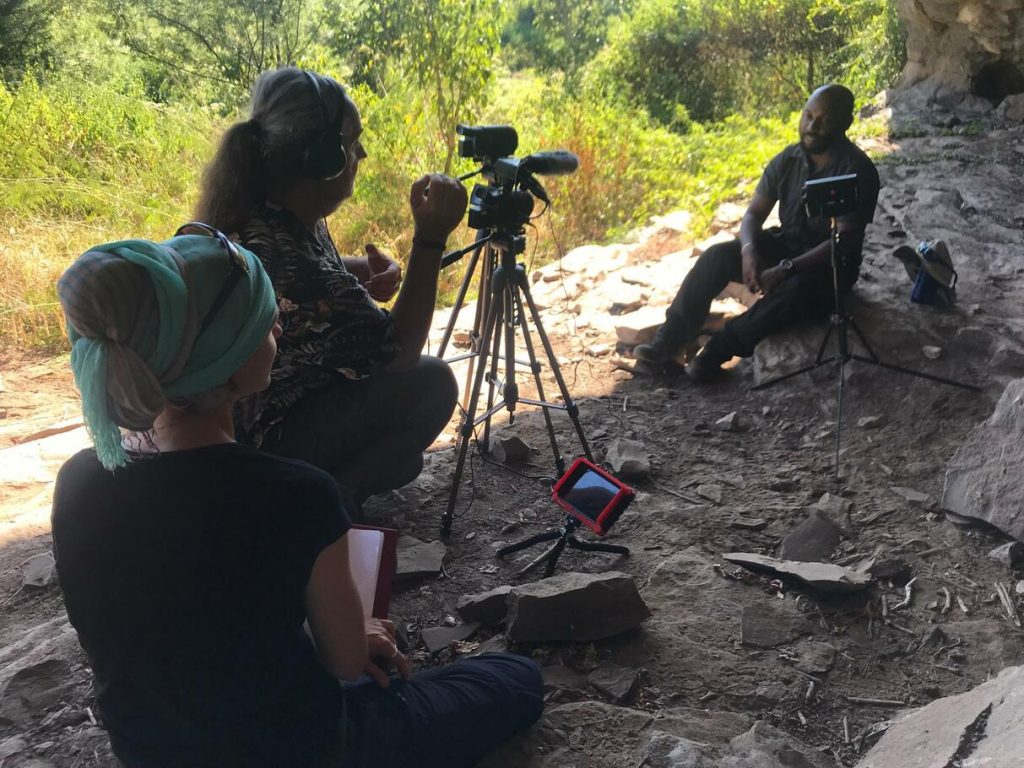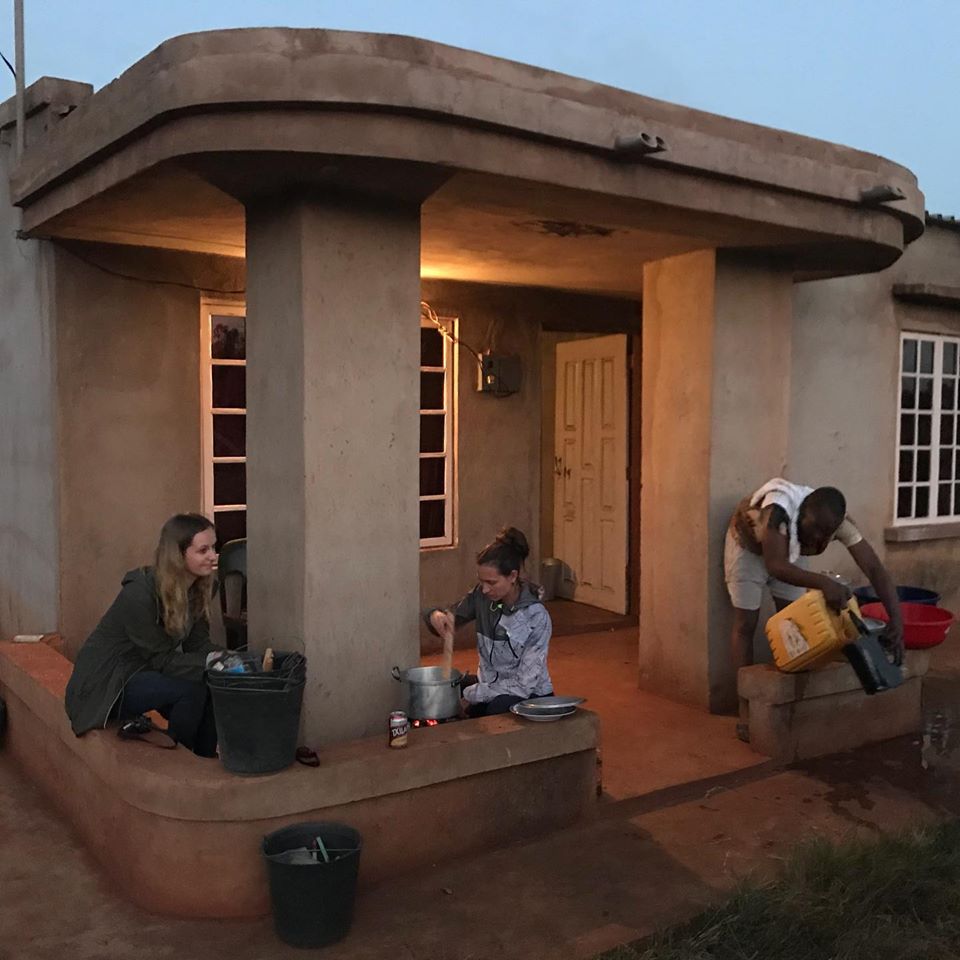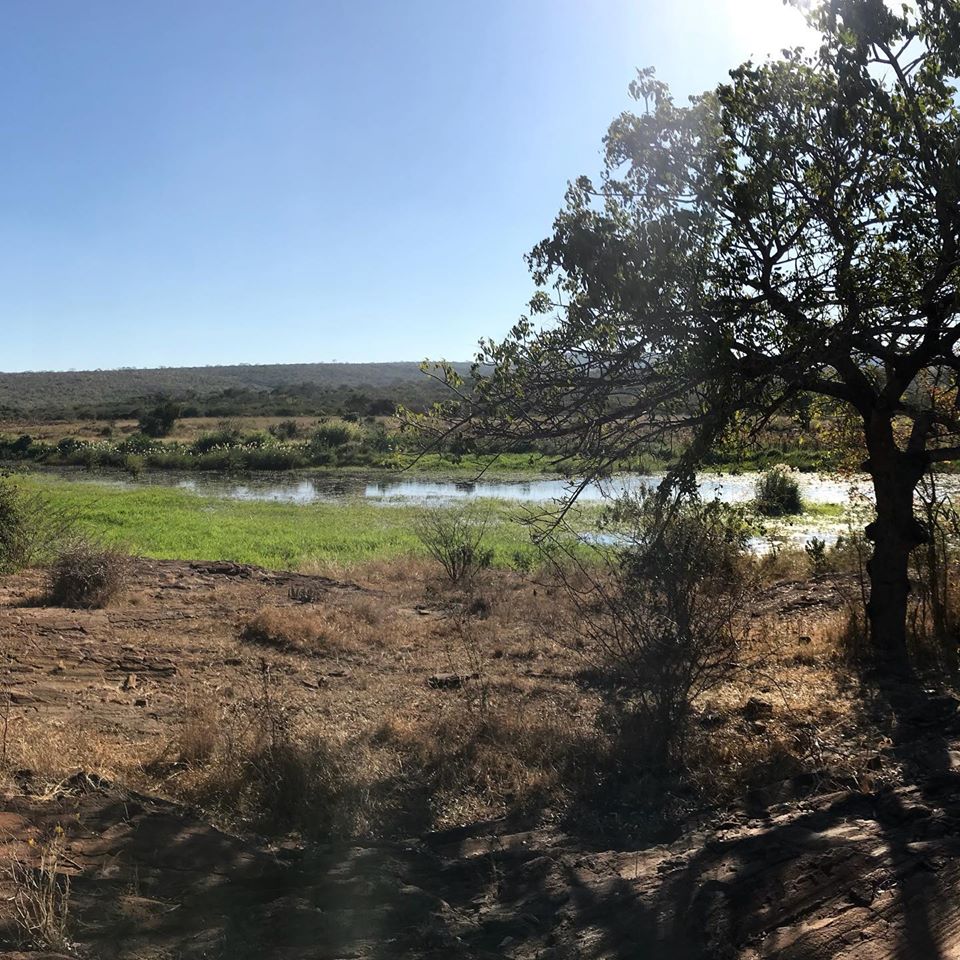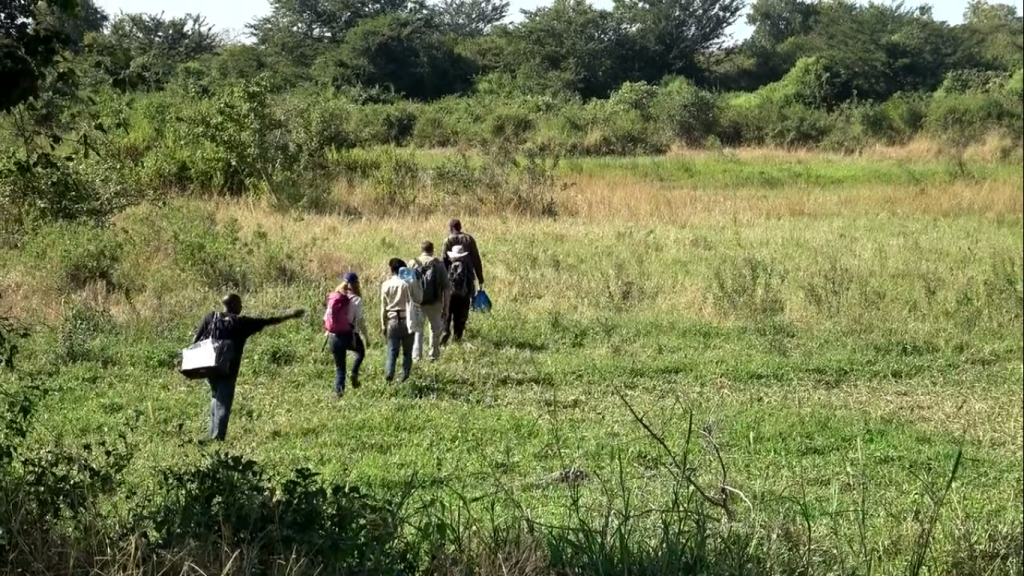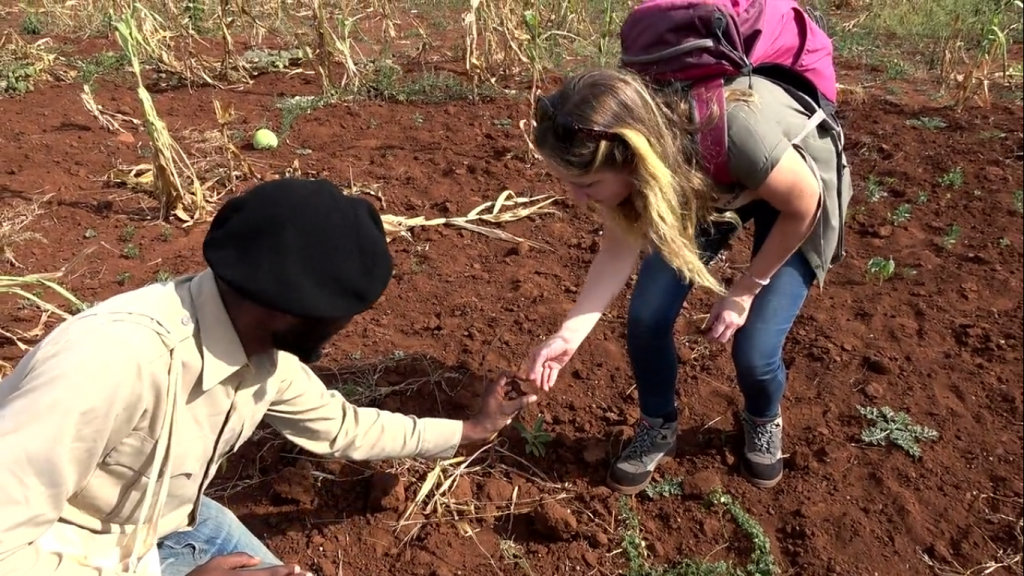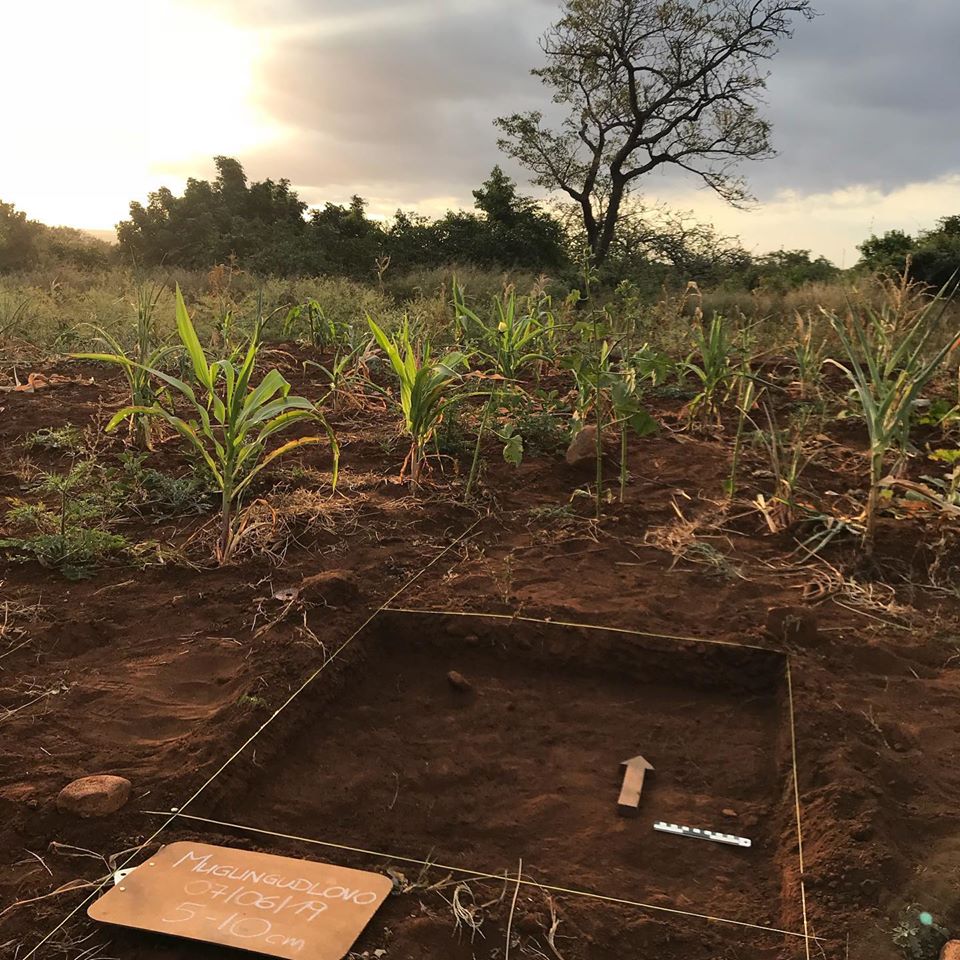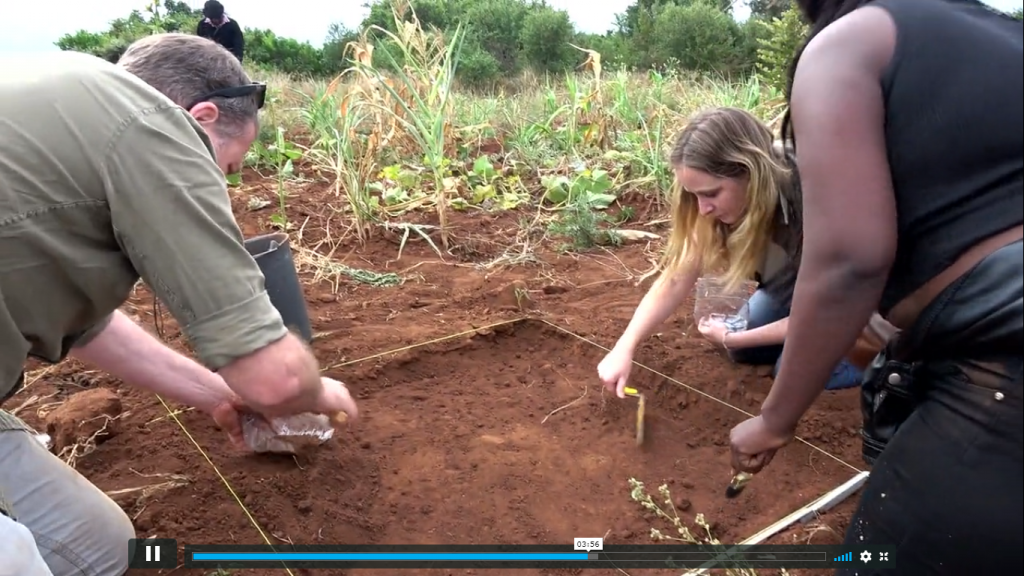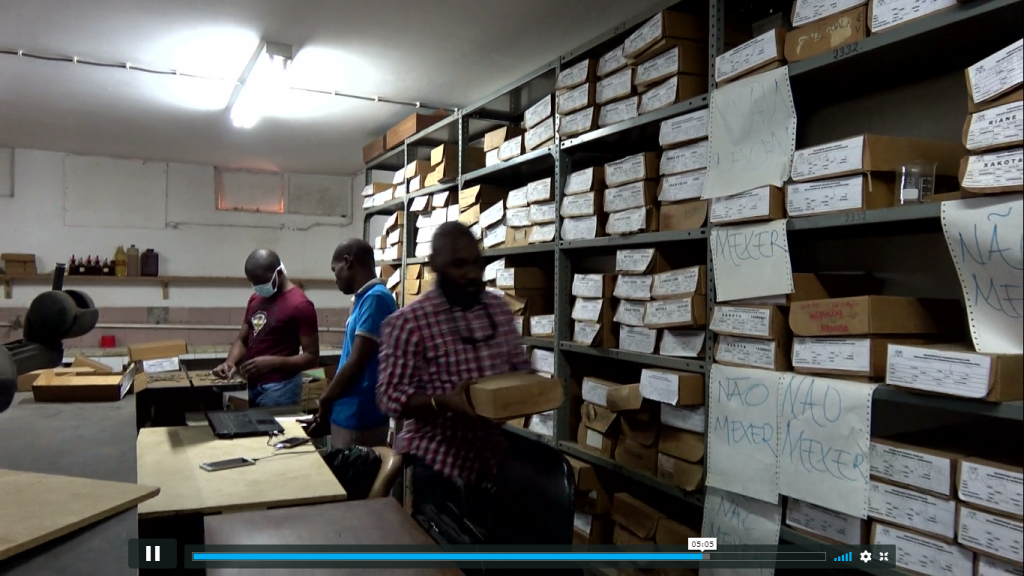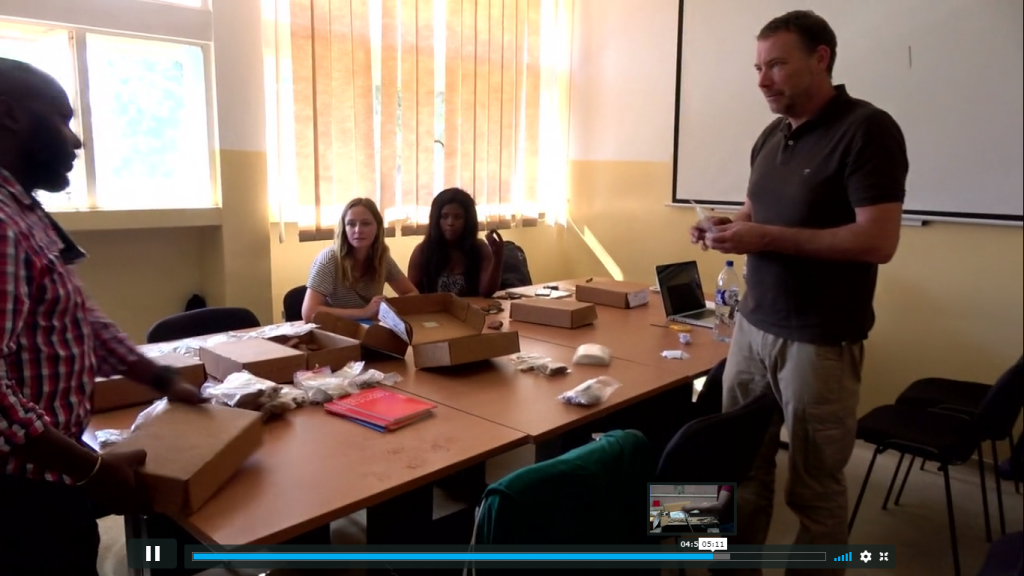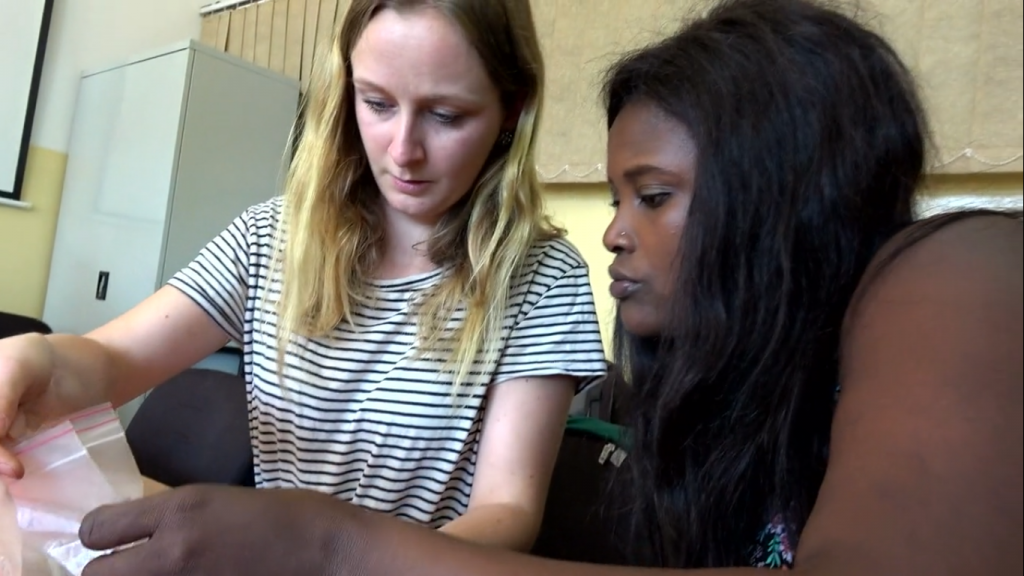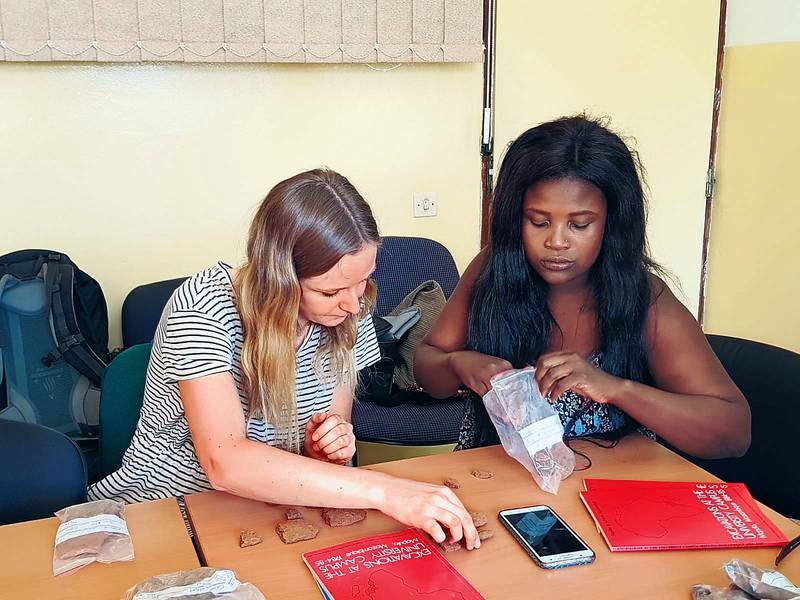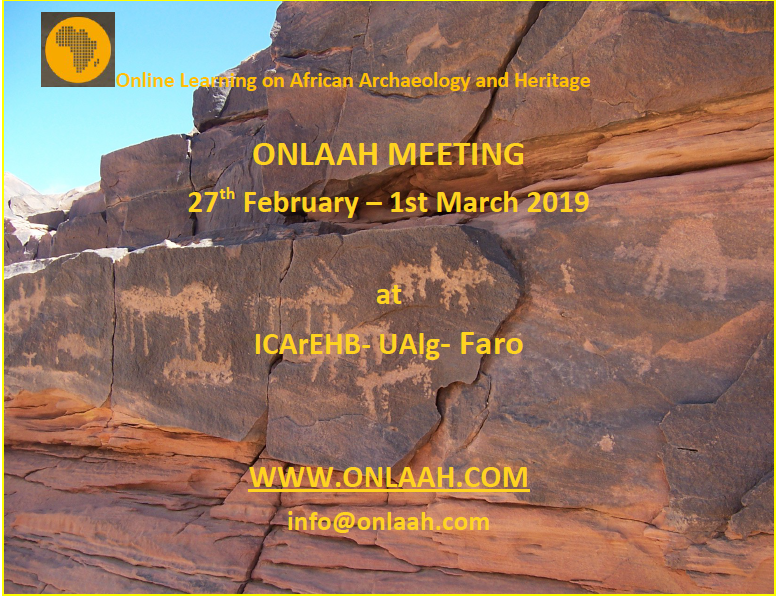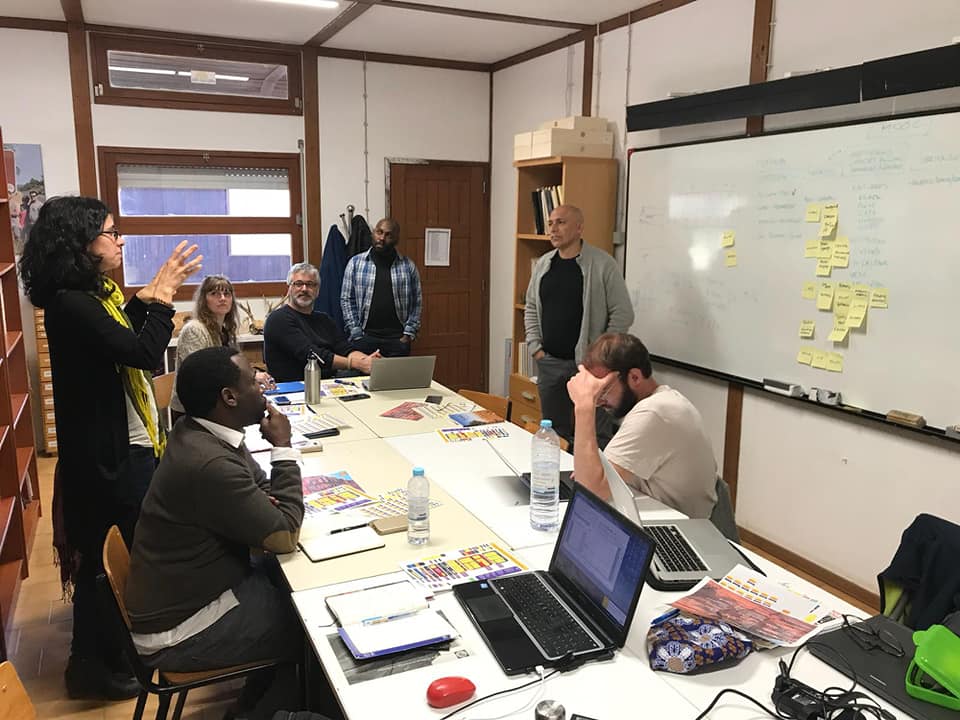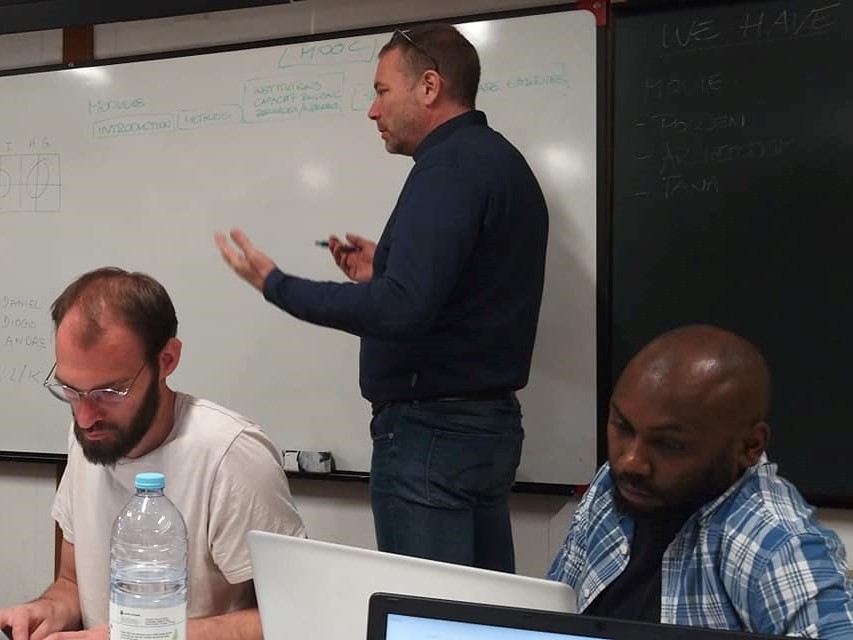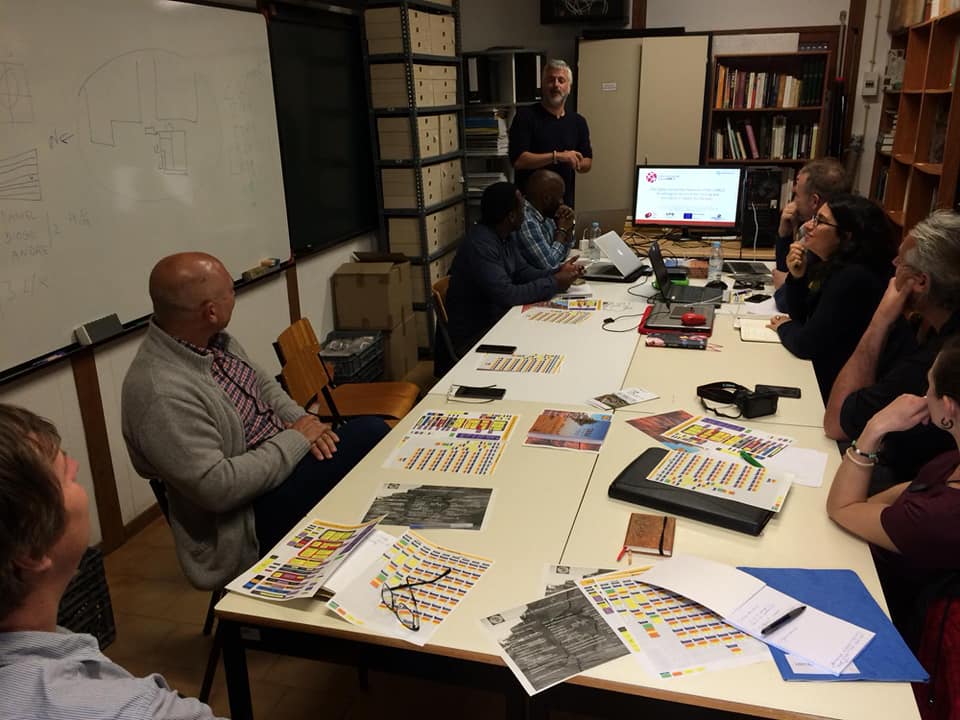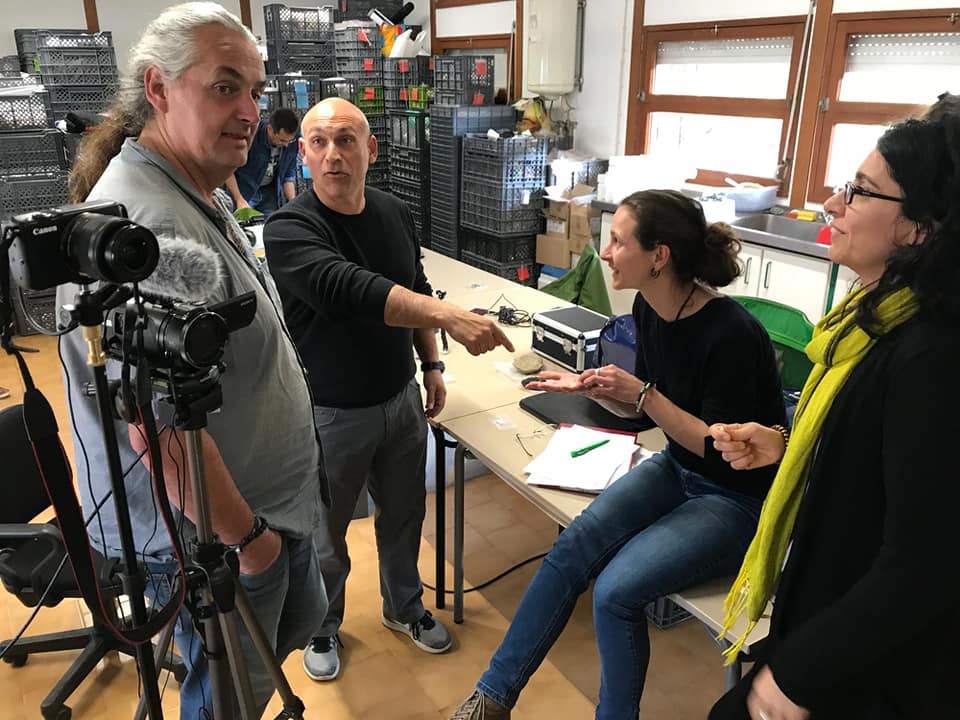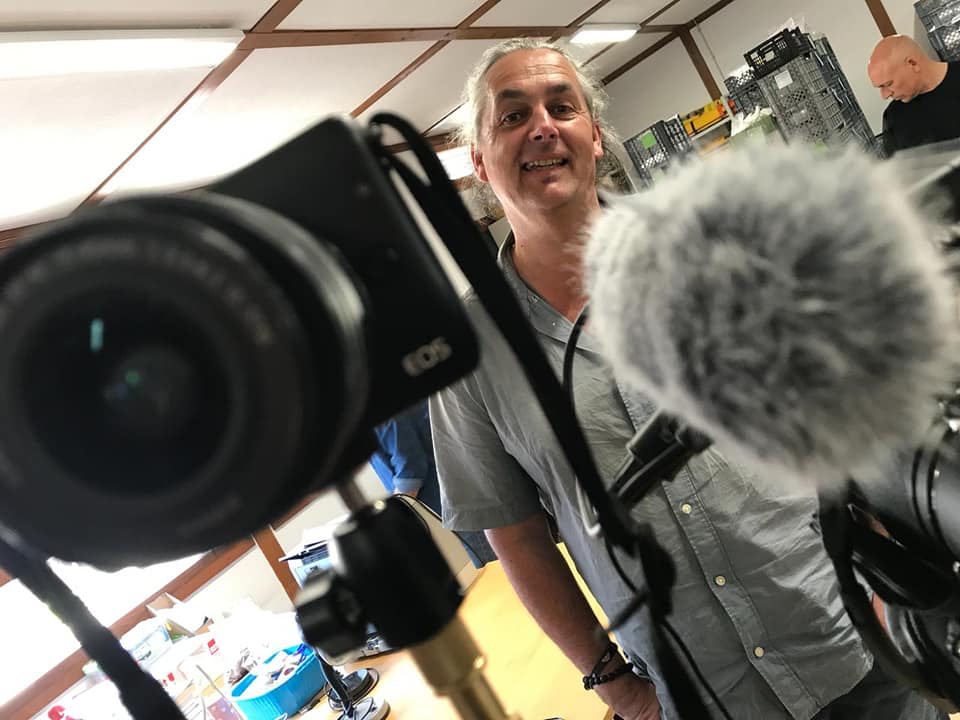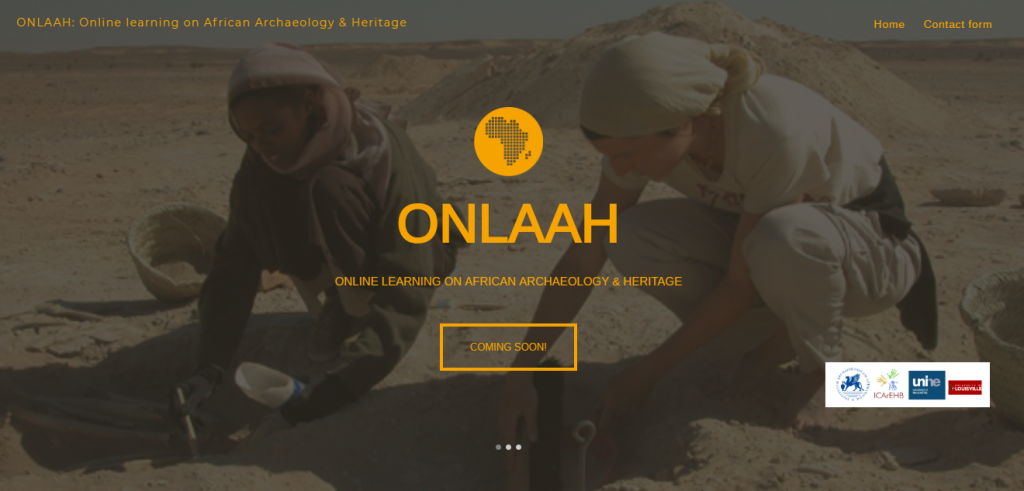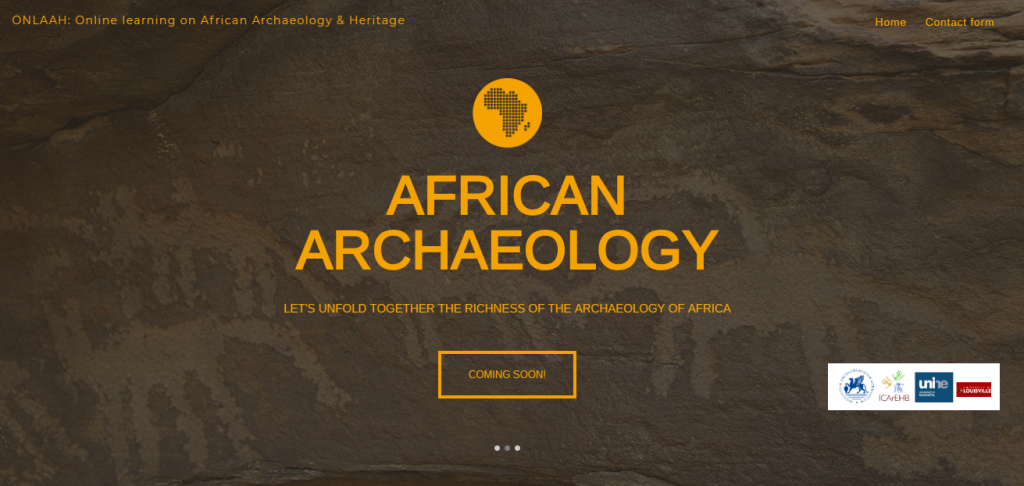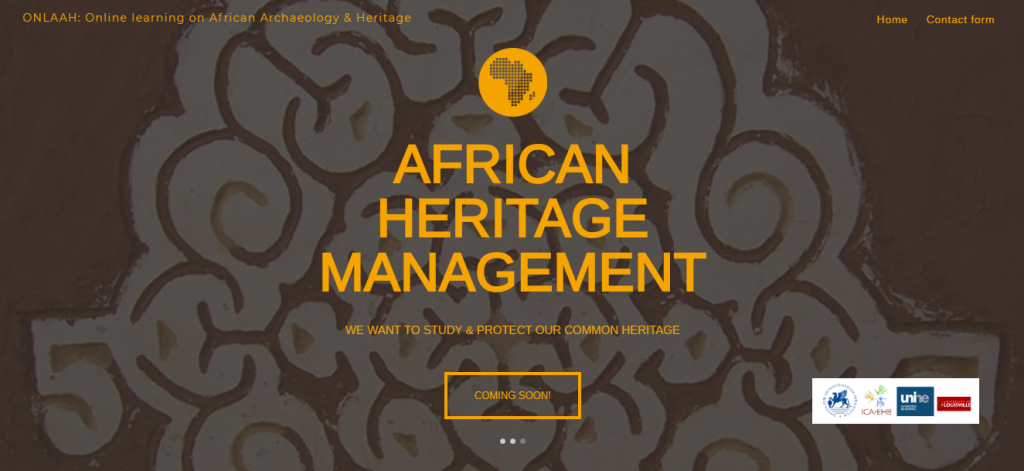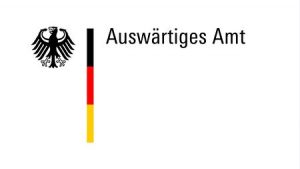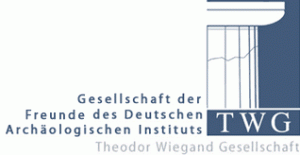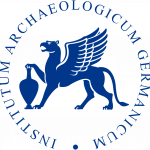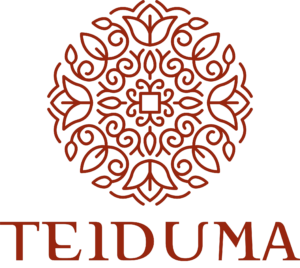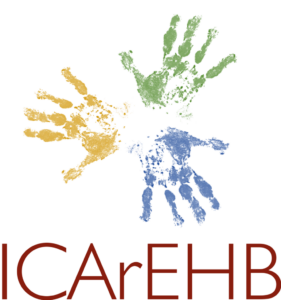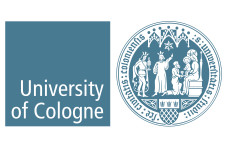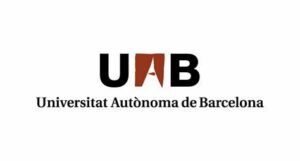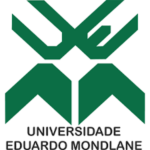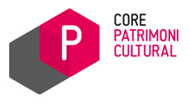
Dear Colleagues,
Onlaah – Online Learning on African Archaeology and Heritage will be present at the 26th Annual Meeting of the European Association of Archaeologists in Budapest, 26- 30 August 2020.
Sofia Fonseca, the platform coordinator, organizes a session entitled SENSITIZING AND ENGAGING THE PUBLIC: THE ROLE OF ONLINE LEARNING IN ARCHAEOLOGY AND HERITAGE EDUCATION.
The call for papers is now open, join us!
Submission deadline: 13 February 2020
Link to submission: https://submissions.e-a-a.org/eaa2020/
SESSION THEME Sustainable archaeology and heritage in an
unsustainable world
SESSION FORMAT Regular session
SESSION TITLE Sensitizing and engaging the public:
The role of online learning in archaeology and heritage education
SESSION TEXT
With millions of people joining online platforms all over the world, online learning has become an important educational tool. Online learning is accessible to a wide audience and is a way to engage in continuous learning regardless of age, geographic location, or prior experience. Furthermore, it democratizes education and knowledge. If one wants to learn something, there is likely an online course on it and that course may be presented by leading topic specialists who otherwise may not be accessible.
So, are archaeology and heritage education represented in the world of online learning? A quick internet survey finds archaeological and heritage themed MOOCs, classroom activities, lectures, and a variety of other resources that would indicate that indeed we are online. The presence of these resources, however, raises several issues and questions: Are MOOCs and lesson plans sufficient? Do the online resources accurately portray archaeology and heritage? Do they adequately raise awareness of heritage concerns?
Also of concern is the issue of who produces online content. Archaeologists generally are not trained in non-academic communication. Institutions like museums and research centers are investing in various online communication strategies—YouTube, virtual exhibitions, Instagram, Twitter, etc.—but engaging with the public has moved beyond the professional context. For several years, non-specialist “influencers” have been developing channels and strategies to promote historical subjects. How should archaeologists position themselves in relation to this phenomenon?
In this session we would like to discuss the role of online education in sensitizing people to archaeology and heritage and in promoting archaeological and heritage awareness. What is the responsibility and role of institutions and independent scientists in this new way of communicating science? What are the limits of such formats of communication? We invite archaeologists and heritage educators from around the world to provide examples, insights, and questions to enrich the discussion.
SESSION KEYWORDS
Online learning, Archaeology, Heritage, Sensitizing, Engaging, Public
ORGANISERS
Main organiser: Fonseca, Sofia, (Portugal)¹
Co-organisers: Basterrechea, Aurélia (Switzerland)²; Ben Thomas (Unites States of America)³
Affiliations
1. Teiduma, Consultancy on Heritage and Culture; DAI-German
Archaeological Institute
2. ArchaeoConcept
3. Archaeological Institute of America
Your contribution abstract must have between 200 and 300 words. By submitting the abstract, you become the main and corresponding author of your contribution, but you can add up to 9 co-authors. Upon submitting, you will still be able to review or change your abstract before the 13 February, 23:59 CET
In case you have any doubt, please contact:
sofiafonseca@teiduma.com
